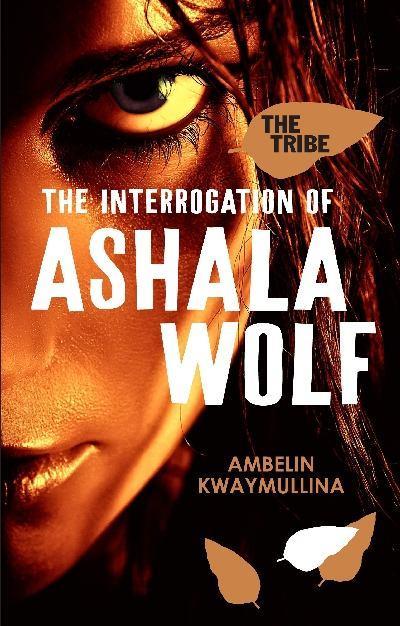 The Interrogation of Ashayla Wolf by Ambelin Kwaymullina is a fascinating novel. Seeing it marketed as YA fantasy, I was expecting something a little more standard fare but I’m glad that’s not what I got.
The Interrogation of Ashayla Wolf by Ambelin Kwaymullina is a fascinating novel. Seeing it marketed as YA fantasy, I was expecting something a little more standard fare but I’m glad that’s not what I got.
The Interrogation of Ashayla Wolf is both post-apocalyptic and dystopian, in a similar way to Isobelle Carmody’s Obernewtyn series, although the world is completely different in the specifics. About 300 years before the story takes place, there was some sort of environmental apocalypse which resulted in the world flooding and being almost entirely destroyed. Now there is just one landmass with a smattering of cities which was reminiscent of Australia, although definitely not the Australia we know and love today. The disruption that caused the apocalypse was a result of humans disturbing the Balance and now humanity is obsessed with maintaining the Balance lest they cause another apocalypse. While the world obviously has strong environmental themes, it didn’t feel preachy at any point. The Balance is something people know to be real rather than a moral/philosophical point.
The other thing that emerged after the apocalypse is that some people manifested powers — basically superpowers — of various strengths. The government has decided that these people could upset the Balance and so the movements are highly regulated. People with powers are assessed and either detained in detention centres or given an exemption if their powers are weak or harmless enough. Those that flee the system are called Illegals and perforce live off the grid.
Of course our main character, Ashayla, is an illegal. She’s the head of a tribe of children with powers who mostly ran away from home rather than be taken away by enforcers. As the title suggests, this is the story of her interrogation. The story unfolds as a series of layers, like an onion — Shrek reference notwithstanding — with more going on than we see on the surface.
What I really enjoyed was Kwaymullina’s use of language. The words she used at the start, before we were fully abreast of the world, evoked certain powerful images (in my culturally Australian mind) relating to our world today. Although as we learnt more we saw that the situations in this future world were different — detention centres being for people with illegal powers rather than asylum seekers is an early example — they remained similar in tone. I thought it added an extra layer of cultural reference points which I don’t think I’ve seen done this way before. While I’m not sure it would send exactly the same message to a non-Australian, it wasn’t the sort of thing which quickly becomes dated or alienating like many US “now” references I’ve come across.
Overall, I found The Interrogation of Ashayla Wolf to be an excellent novel. I highly recommend it, especially if you like stories which are not all that they first seem. If you’re not a fan of the usual vampire/werewolf/whatever types of fantasy YA, rest assured this is quit different. It’s also not your stock standard dystopian novel (although it does have elements of usurping the system that I’ve come to expect in YA dystopias. One of my favourite books of the year.
5 / 5 stars

No comments:
Post a Comment
Note: only a member of this blog may post a comment.